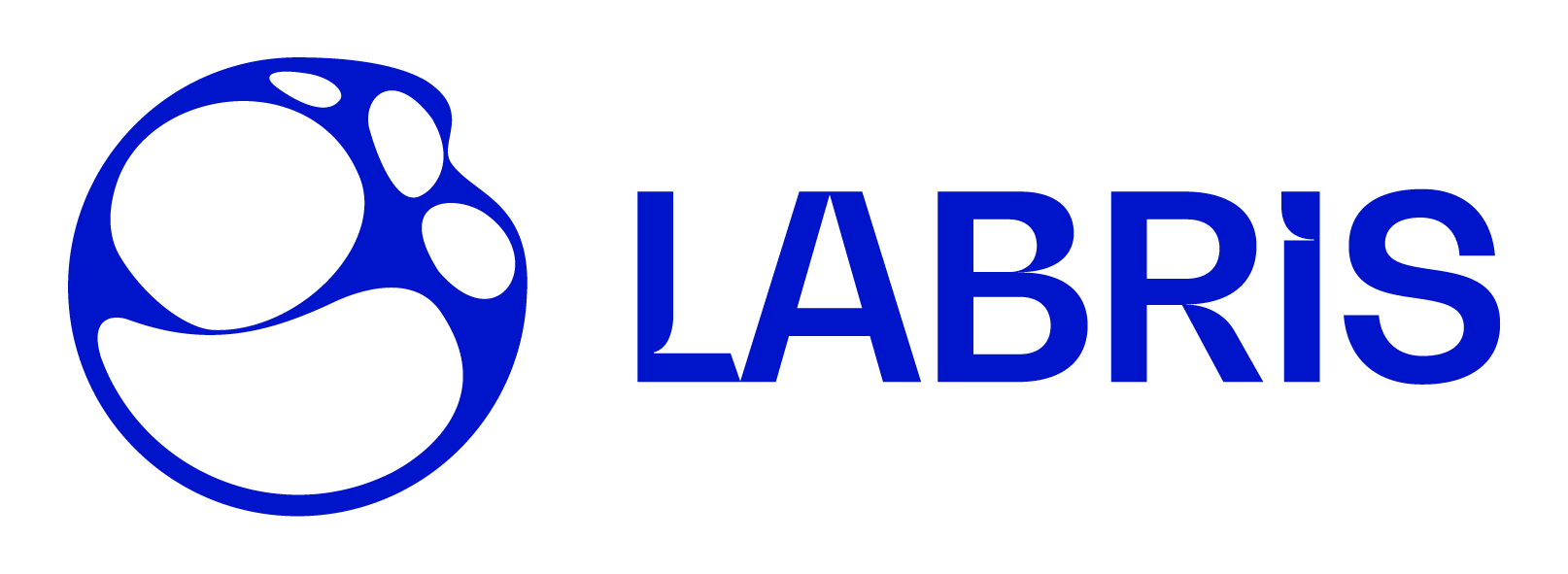Food and feed safety
The National Centre for Laboratory Research and Risk Assessment (LABRIS) performs various microbiological, parasitological, chemical and molecular biological analyses for determining the quality and safety of food, feed, water and alcohol. Additionally, the portfolio of analyses includes analyses of environmental samples from food and feed handling and organic production. Durability tests, challenge tests and predictive microbiology are in use for determining the shelf life of ready-to-eat food.
Official control
The centre has a co-operation agreement with the Agriculture and Food Board which regulates the matters related to the laboratory analyses of official control samples. The Agriculture and Food Board has authorised the centre to analyse samples taken in the course of official controls and other official activities under the Food Act, Feed Act and Plant Protection Act.
The laboratory has also been authorised to act as an official laboratory in the area of analysing alcohol by the Minister of Rural Affairs under the Alcohol Act.
Analyses on the composition and quality of products are also performed in the centre under regulation (EU) No 1308/2013 of the European Parliament and of the Council of 17 December 2013 on the common organisation of markets.
In the area of zoonotic pathogens, the centre co-operates with the Health Board.
The laboratory ensures constant preparedness for detecting and identifying pathogens causing potential outbreaks of food-borne disease. Molecular typing capability based on the whole-genomic sequencing of pathogens allows to identify the routes of transmission in more detail has been implemented in the department of molecular analysis.
Services for the food and feed sector
In addition to the analyses carried out as part of the official control, the centre provides laboratory services to food and feed business operators and other interested parties.
Co-operation with other laboratories
The centre has an extensive and international network of contact laboratories where the institution can send samples if the analytical capacity is not available on-site or further expertise is needed. Most of our international partners are either reference laboratories or internationally recognised competence centres.
Research co-operation
The research at the centre is mostly performed in co-operation with other domestic research institutions, reference laboratories or other international partners.
